Looking back at the Liberation War through poetry

A four-day event honouring the month of March and the Liberation War was organised by the Gyantapas Abdur Razzaq Foundation (GARF). The Bengal Shilpalaya-hosted event primarily focussed on showcasing six documentaries that attempted to capture the true spirit of the liberation war, and highlight specific events. Over the last two days, there were three documentaries presented, followed by poetry recitation and panel discussion sessions.
On the third day of the event, two documentaries were showcased. The first featured the infamous Belonia Battle, and Pakistan's first and only surrender to the freedom fighters. It emphasised how the battle is closely intertwined with Bangladesh's military history and has a special significance in the turn of events that led to our independence.
The short documentary was followed by a lively poem recitation session. The event started with Laiyin Labiba Leen, a young reciter, who performed four short poems, one of which was self-composed. Her recitations included iconic rhymes like that of Asad Chowdhury's "Tokhon Shotti Manush Chilam", and Shamsul Haque's "Amader Ei Bangladesh". These poems depicted a wide range of thoughts–from the strength and resilience of freedom fighters, to the beauty of Bangladesh and sacrifices made by Bangabandhu Sheikh Mujibur Rahman.

The next performer, Aditya Sameer, recited a short poem on the Liberation War, written by eminent poet Shamsur Rahman. This was followed by a captivating performance by Suprobha Seboti. She began by reciting Syed Shamsul Haque's "Akbor Hossain Er Jonno Gaan", followed by "Ekjon Muktijodhdhar Ottohashi" by Iqbal Hossain and "Ekhane Norok Enona" by Shekhor Boron.
Tropa Majumdar recited two epistolary poems, letters written by two freedom fighters to their loved ones. In the first one, written by Ishaq Khan to his mother, the writer regrets not seeing her one last time before leaving for the war. He asks her not to cry, rather feel proud of him. The letter reflects the strength and resilience possessed by the freedom fighters who sacrificed their lives selflessly. The other was written by Ataur Rahman Khan Kaiser to his little daughter. Khan is missing all the precious moments from his daughter's childhood and the time they should've spent together. He writes to her about the war, and how he would sing her songs of freedom very soon.
The last performer, Shimul Mostafa, recited Shamsur Rahman's "Tumi Bolechile" and Manibhushan Bhattacharya's "Prachcher Sanyasi". Even after the performances ended, his voice rang through the halls, setting the right note for the screening of the fifth documentary, Operation Kilo Flight.

The event ended yesterday, March 6, with the sixth documentary, Operation Jackpot, being showcased. The concluding day also featured a lively panel discussion featuring Mujahidul Islam Selim, a politician; Nasiruddin Yousuff Bachchu, stage and film director; Khushi Kabir, a social activist; Asif Nazrul, professor and writer; and Salek Khokon, a researcher.

 For all latest news, follow The Daily Star's Google News channel.
For all latest news, follow The Daily Star's Google News channel. 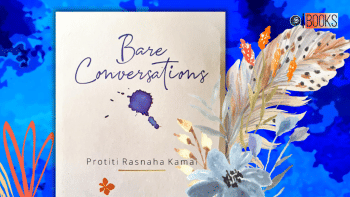




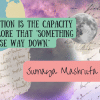

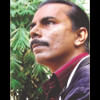
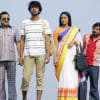


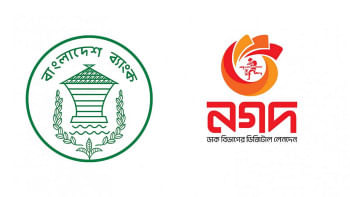
Comments